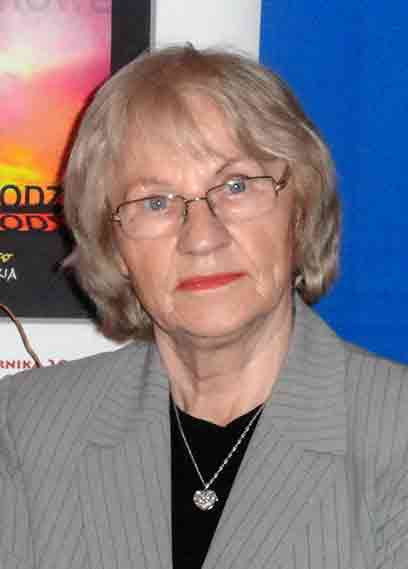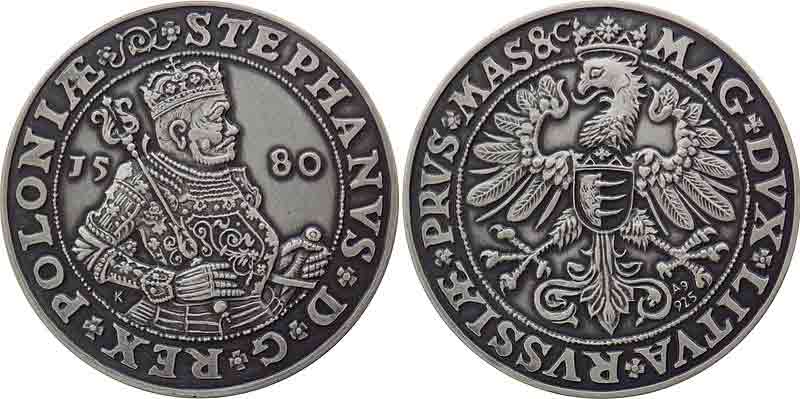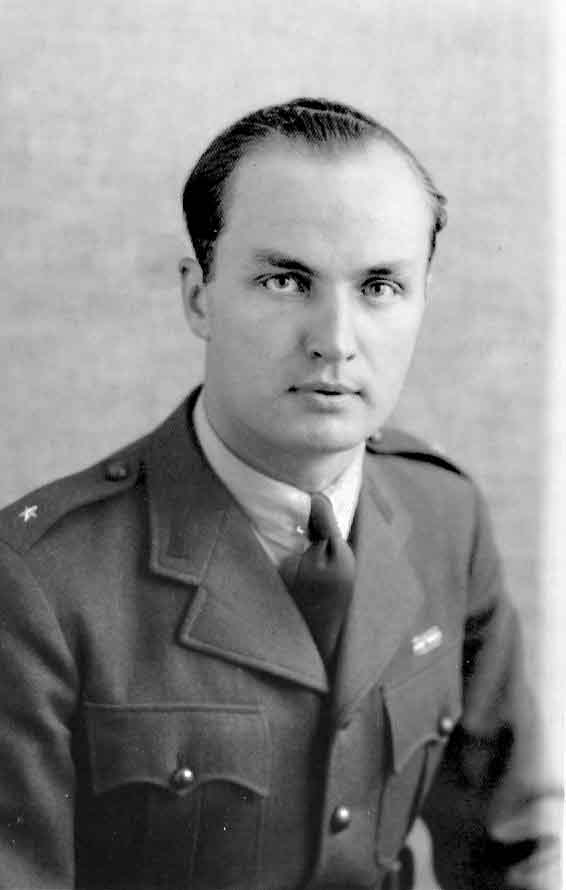In the last weekly Solidarity Weekly (Tygodnik Solidarność), my attention was drawn to a column by the editor Waldemar Biniecki, "A book that no one in Poland has heard of." The column concerns a very important political and economic problem for Poland, which is the creation of the "Intermarium".
Joining states into pacts, unions, or making agreements for various purposes is nothing special or new. History has always shown such cases. I would like to expand on the information of Waldemar Biniecki about the author of the book "A European Federalist Joseph Piłsudski and Eastern Europe 1918 - 1922"
Marian Kamil Dziewanowski was born on June 14, 1913 in Żytomierz. He came from a very well-known and patriotic family in Mazovia, where the mullein (dziewanna) was a very popular flower and hence his name. Many Dziewanowskis made a proud mark in Polish history. It is worth recalling, for example, Jan Niepomucen - the second commander of the charge at Samosierra, Dominik - a friend of Fryderyk Chopin and economic activist, or the first Polish ambassador to the USA, Kazimierz Dziewanowski.
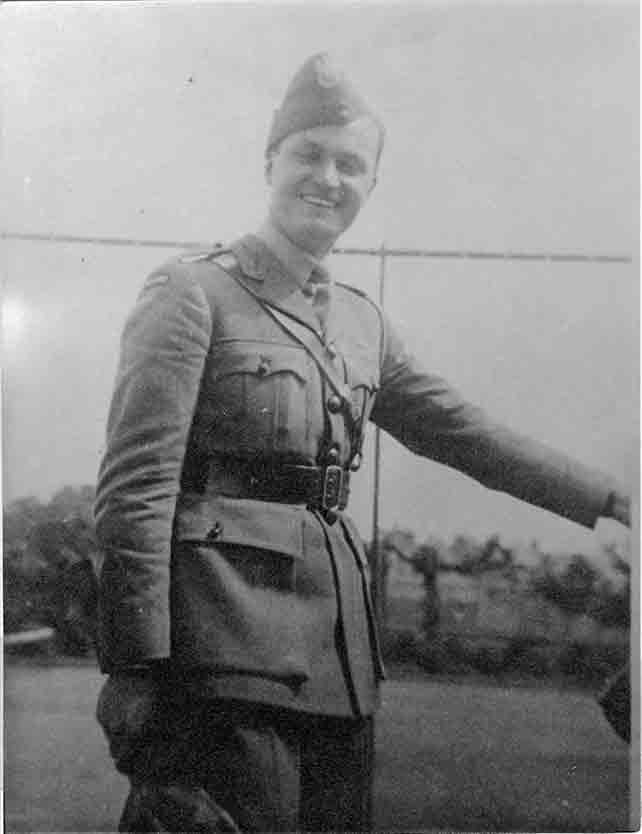
-
- Dziewanowski as an officer of the Polish Army in England
Marian Kamil's life and work are a document of the last century. As a child, he witnessed the October Revolution and all that its destructive power carried with it. He watched the arrival of the Blue Army in the Polish borderlands, he met Józef Piłsudski in Żytomierz when, after the funeral mass for the students of the Tadeusz Czacki gymnasium slain by the soviet secret service, he was saluted by Polish and Ukrainian troops. Years later, as a history professor with a specialization in the history of Eastern Europe, he will research and analyze these events, studying documents at the Piłsudski Institute in New York and in many other archives.
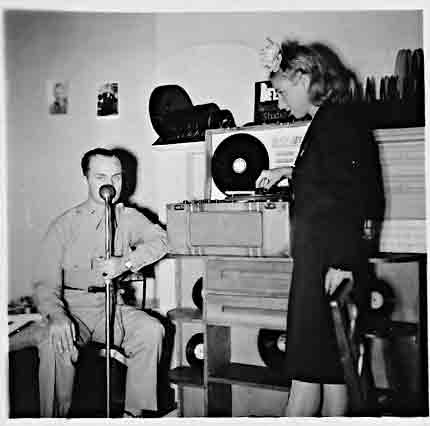
As a BBC Radio commentator
The book about Piłsudski, the federalist was being written for a whole decade. It took the author ten years to gather material and explain to the English-speaking, especially the American, reader the intricacies of the historical ties that existed between the [Polish-Lithuanian -ed.] Commonwealth and the nations and states of Central and Eastern Europe. Without even a sketchy outline of the dispute that Russia waged with Poland over who would develop the areas between ethnographic Poland and ethnographic Russia (areas of Lithuania, Belarus, and Ukraine), it is impossible to understand today's discord in this part of the world. This dispute lasted almost 300 years, until the partitions of Poland. After 1918, there was a fight for the eastern borders of the Second Polish Republic, but also for the independence of the states lying between Poland and Russia.

Marshal Józef Piłsudski (1867-1935)
Piłsudski understood that the major strength of the liberated states could be their joint action, therefore he tried to create a federation of Poland, Lithuania, Belarus and Ukraine. When this failed, he tried to join forces with ataman Symon Petlura, the commander-in-chief of the Ukrainian People's Republic in order to defend the independence of both countries against the invading Soviet Russia.
All the actions of Piłsudski and Petliura were far-reaching, but the economic situation and national awareness of the Ukrainians were not yet adequate. Today, when the problem of building a new union in the form of the Intermarium returns, it is worth referring to those political and economic analyzes and drawing appropriate conclusions for the current situation.
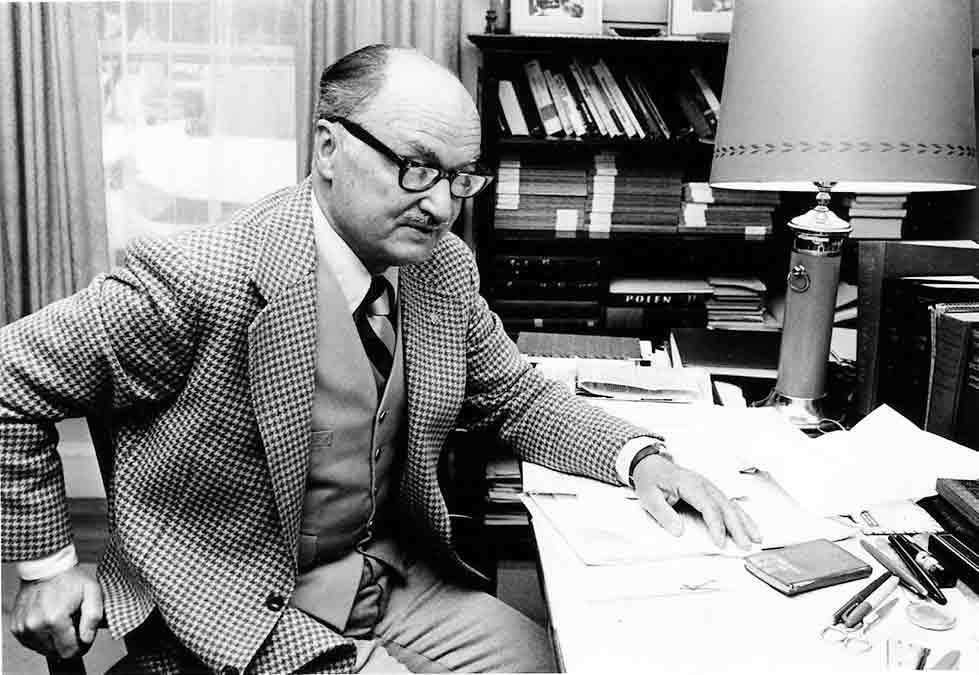
Dziewanowski at Boston Univeristy in 1978
The book of M. Kamil Dziewanowski should be translated into Polish as soon as possible and widely promoted in both languages. The historical analyses of Professor Dziewanowski may provide valuable tips for contemporary Polish politicians, strategists and diplomats.
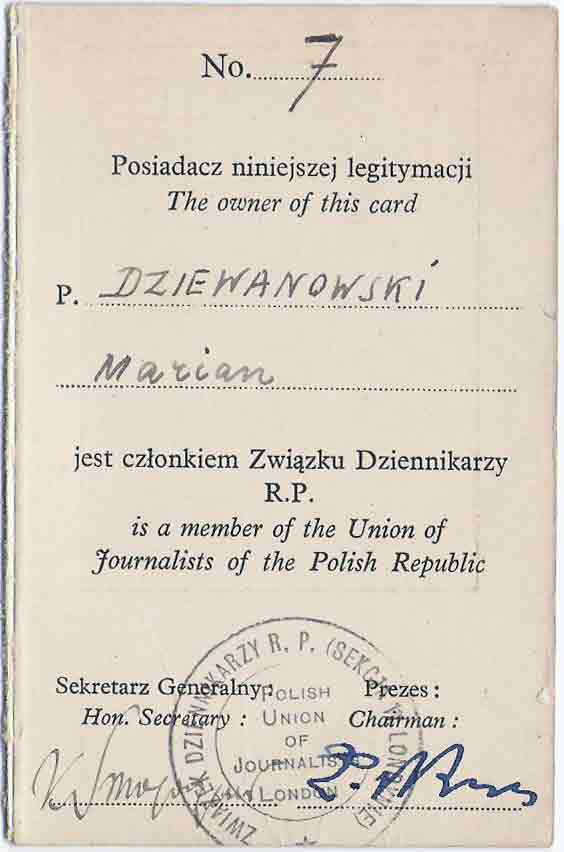
Membership card of the Union of Journalists of the Polish Republic in London
I was lucky to hear about the rich life of M. Kamil Dziewanowski, about his ties with the German Polonia, with Rodło activists, and about his meetings with great figures of that time, during meetings with Kamil and his wife Ada, which I tried to record in the book "In the Shadow of Great Events" (W cieniu wielkich wydarzeń), which so far is known only to a handful of readers.
Translated from Polish by Andrew Woźniewicz.



